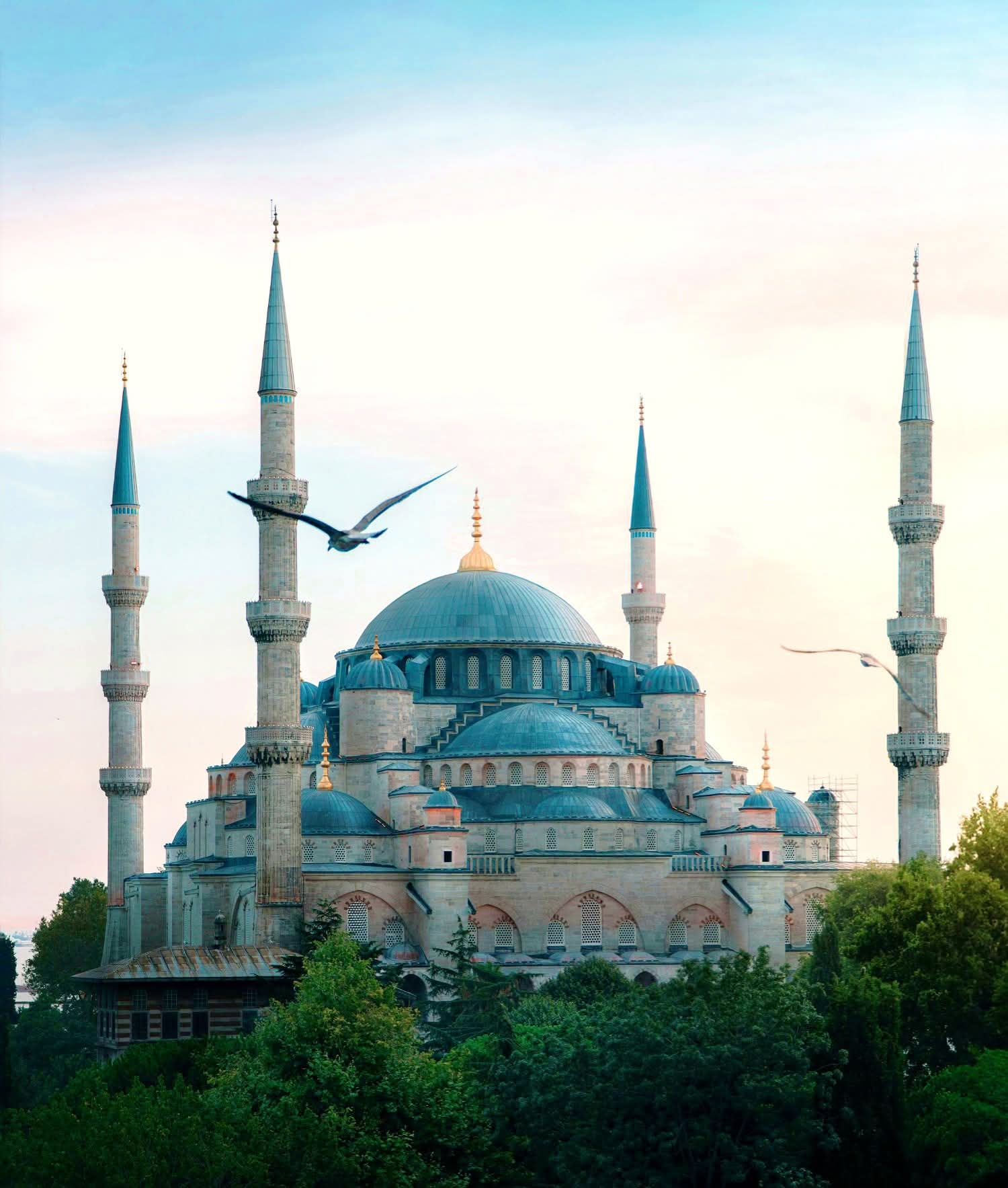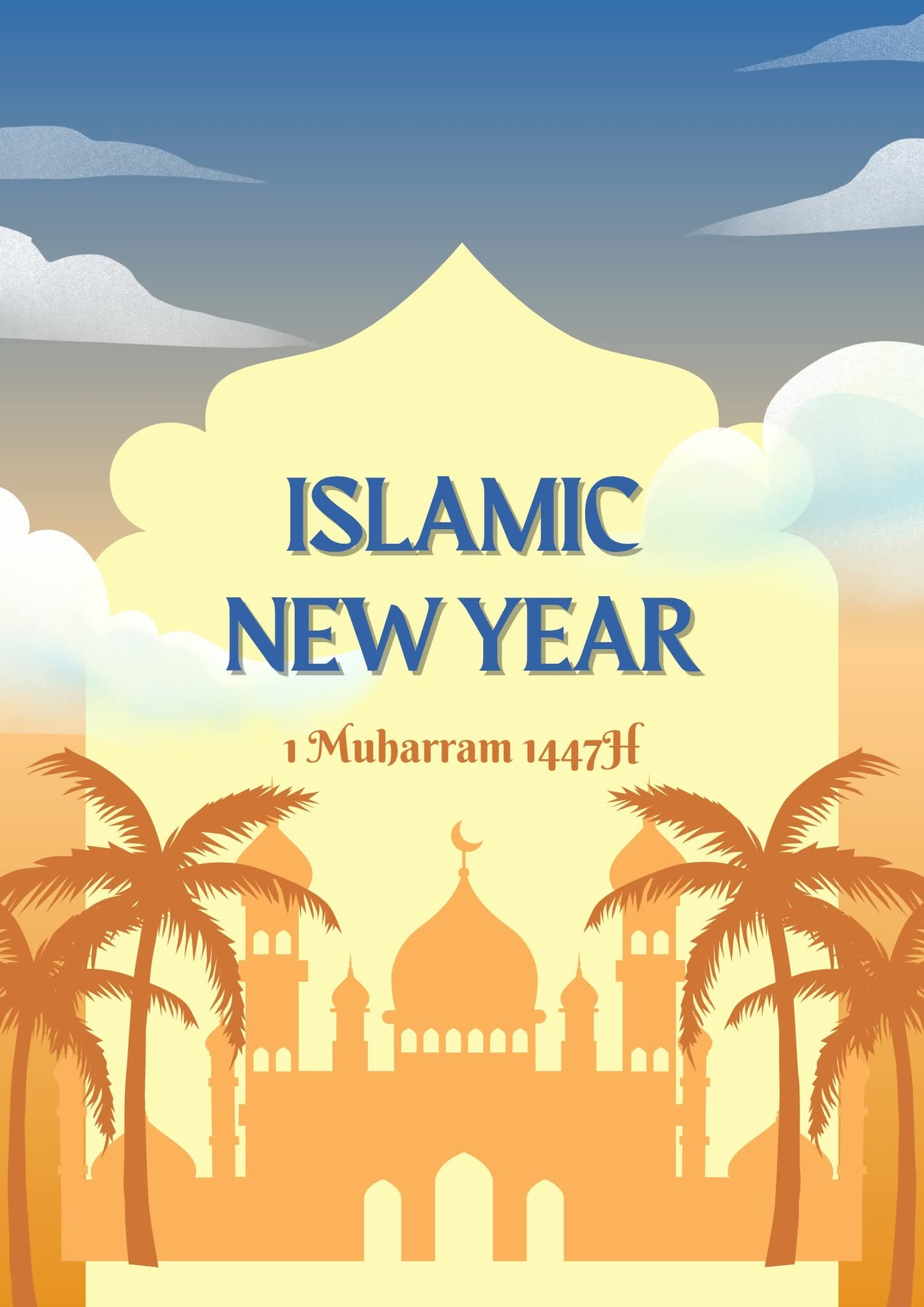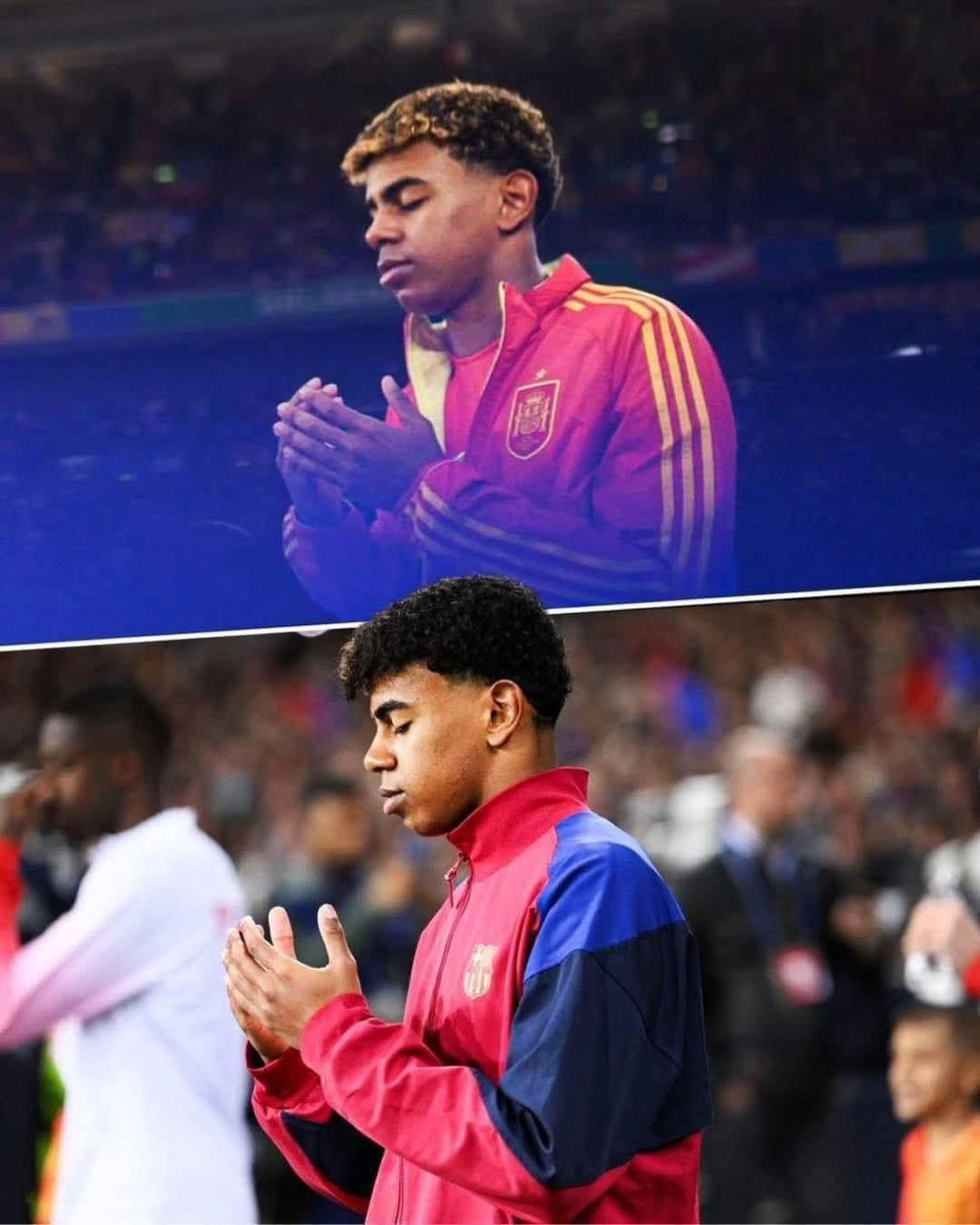A Journey in Abraham's Footsteps – The Way Forward – Harran, the City of Stars
“In the twilight of time, when the stars still spoke to men and the mountains bore names, Abraham was born – he who would become the father of faith for the people who followed the Scripture, the Cross and the Crescent. His name wandered through the desert winds, carried by Turki storytellers who gathered around the hearths in the heart of Mesopotamia.
“Listen, you who wander. For the wind of Harran carries old words, and the stars there still speak to those who dare to listen.”
It is said that when Abraham left Urfa, it was not with a light heart. Behind him lay the miracle of fire, the fish in flames, and the wrath of King Nemrut. But before him – unknown land, and a sky that whispered.
He wandered south, through dust and time, until he came to Harran – the city where the stars live. Here, the ancients say, he sat down on a stone by a dry well. He raised his eyes, and the night opened like a veil.
“First he saw the sun – great and burning. ‘This must be God,’ he said. But the sun sank behind the mountains, and darkness came.”
“Then he saw the moon – bright and gentle. ‘This must be God,’ he said. But the moon waned, and the stars took its place.”
“Finally he saw the stars – a thousand lights, a thousand promises. And he said: ‘No… God is not the one who sets. God is the one who created all this.’”
And the stars are said to have answered him. Not with words, but with light. They danced over Harran, and one of them fell – as a sign. Abraham stood up, knowing: The way forward was not his alone. It was for all who seek.
Harran – where the stars still speak
Today you can follow in Abraham’s footsteps in Harran, Turkey. See the ancient beehive houses, built like small temples to the sky. Explore the ruins of temples and towers, where the stars were once worshipped. Harran is mentioned in both the Bible and the Quran – as a place where faith took shape.
When night falls over plains and rocks, and you stand there alone under the sky, you can hear it:
“God is not in what sets. God is in what endures.”
Have you visited Harran? Or is it something you dream about?
🧵 A Journey in Abraham's Footsteps – The Way Forward – Harran, the City of Stars
“In the twilight of time, when the stars still spoke to men and the mountains bore names, Abraham was born – he who would become the father of faith for the people who followed the Scripture, the Cross and the Crescent. His name wandered through the desert winds, carried by Turki storytellers who gathered around the hearths in the heart of Mesopotamia.
🔥 “Listen, you who wander. For the wind of Harran carries old words, and the stars there still speak to those who dare to listen.”
It is said that when Abraham left Urfa, it was not with a light heart. Behind him lay the miracle of fire, the fish in flames, and the wrath of King Nemrut. But before him – unknown land, and a sky that whispered.
He wandered south, through dust and time, until he came to Harran – the city where the stars live. Here, the ancients say, he sat down on a stone by a dry well. He raised his eyes, and the night opened like a veil.
🌌 “First he saw the sun – great and burning. ‘This must be God,’ he said. But the sun sank behind the mountains, and darkness came.”
🌙 “Then he saw the moon – bright and gentle. ‘This must be God,’ he said. But the moon waned, and the stars took its place.”
✨ “Finally he saw the stars – a thousand lights, a thousand promises. And he said: ‘No… God is not the one who sets. God is the one who created all this.’”
And the stars are said to have answered him. Not with words, but with light. They danced over Harran, and one of them fell – as a sign. Abraham stood up, knowing: The way forward was not his alone. It was for all who seek.
🧭 Harran – where the stars still speak
📍 Today you can follow in Abraham’s footsteps in Harran, Turkey. See the ancient beehive houses, built like small temples to the sky. Explore the ruins of temples and towers, where the stars were once worshipped. Harran is mentioned in both the Bible and the Quran – as a place where faith took shape.
When night falls over plains and rocks, and you stand there alone under the sky, you can hear it:
🌬️ “God is not in what sets. God is in what endures.”
Have you visited Harran? Or is it something you dream about?






